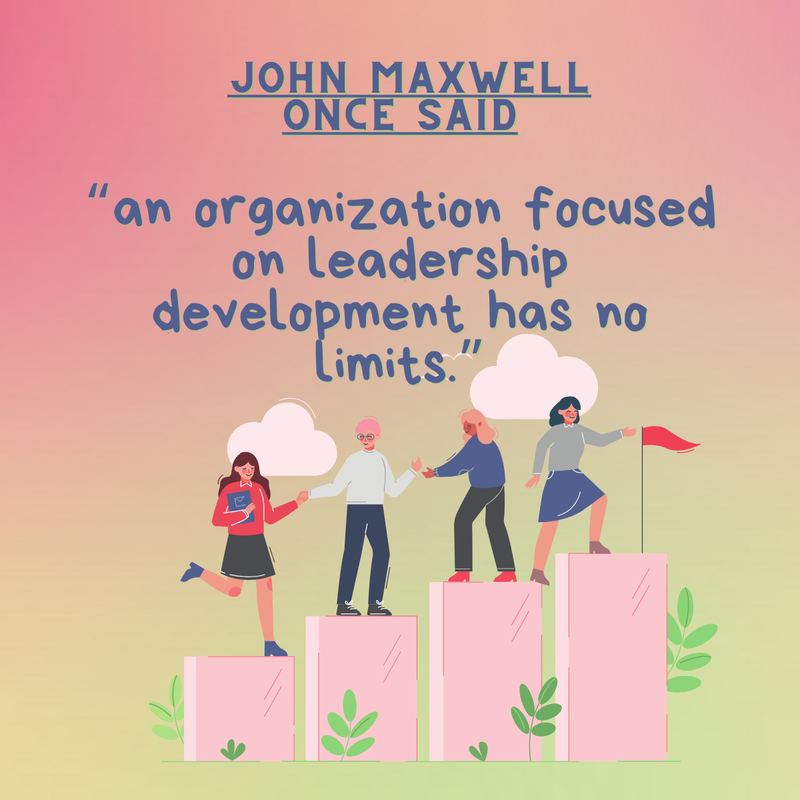Why A Team CoachHave you ever worked with a leadership or life coach to excel towards an outcome or result you wanted to create in your work or personal life? If yes, then you will quickly understand the effectiveness of team coaching. If not, then have you ever wondered how you could attain results faster than someone else or wanted to establish a clear set of actions to build towards a long-term or short-term goal? Then you should know that this is where a professional coach can support you. In terms of team coaching, regardless of the size of the business or the industry it is in, every business can benefit from partnering with a professional team coach. From optimizing team performance and resolving conflicts to fostering innovation and prioritizing employee well-being, the impact of team coaching extends far beyond the bottom line, contributing to long-term success and sustainability. And beyond these obvious advantages, there is the objectiveness, the non-bias position, and the unique relationship position that can support the direction of the business through team coaching and someone that champions and empowers the teams towards their desired outcomes. Allowing team members to feel incredibly supported and more clear. Whats the value of that for your business? Lumina Spark with Lumina Team To StartPartnering with a professional team coach can provide significant benefits to businesses across various industries. Here are the top five reasons why any and all businesses should consider this partnership:
Perhaps you need to discuss how a professional team coach can support the specific needs and circumstances of your business.
Then I invite you to book a quick chat to meet me, understand what's possible for your teams, and ask any questions you may have. Important statistics and facts for leaders to consider:
"Belonging is the innate human desire to be part of something larger than us. Because this yearning is so primal, we often try to acquire it by fitting in and by seeking approval, which are not only hollow substitutes for belonging, but often barriers to it." - Brené Brown High potential team members exhibit certain characteristics and behaviors: Leadership Qualities: They demonstrate a desire to lead, take initiative on projects, and inspire others. Personality Traits: Traits like the need for achievement, emotional stability, self-awareness, conscientiousness, and empathy signal high potential. Behavior: High-potential employees typically exhibit a high capability to learn, cooperate well with team members, and adapt to challenges. Humility: They display humility, are self-aware, praise others' skills, welcome feedback, and are open to learning and growth. Collaboration: While driven, they also excel in forming partnerships and working effectively with others]. Curious Over Judgmental: High-potentials are open to exploring new or creative ideas instead of being judgmental or only relying on past methods of doing things. Higher Risk Tolerance: HiPos look to solve risks, difficulties, or challenges head-on. Social/Soft Skills: Most high-potential employees need soft skills just as much as technical knowledge. This includes leadership skills, empathy, and creativity. Self-Motivated and Driven: HiPos will take initiative to get work done and help foster growth. Committed and Engaged: High-potential employees are loyal and committed to the company and other employees. This means they will also be engaged in long-term success and growth. Flexibility: Another way to notice high-potential employees’ performance and potential is by how flexible they are. HiPos are flexible and can adapt to any change that may be thrown their way. Fosters Positive Relationships: High-potential employees will also help create positive internal and external relationships with employees, coworkers, and clients. This allows the company to grow in multiple ways. Demonstrates Leadership Qualities: High-potential talent should show the desire to lead. Whether it’s taking the lead on a new project or showing initiative to go above and beyond their job description, leadership qualities are important for HiPos employees. Flexible in Changing Environments: With how quickly business practices change in today’s world, adapting to new changes on the fly can show you that your employee might be ready for high-potential development. Entrepreneurial: High-potential employees should have a strong business acumen, be able to look out for the business as a whole and suggest new ideas when applicable. This helps foster their growth as well as that of the company. To effectively lead high potential team members in a high growth business, leaders should:
|
Your LUMINA portraits are reviewed LIVE with Dianne Flemington |
|






